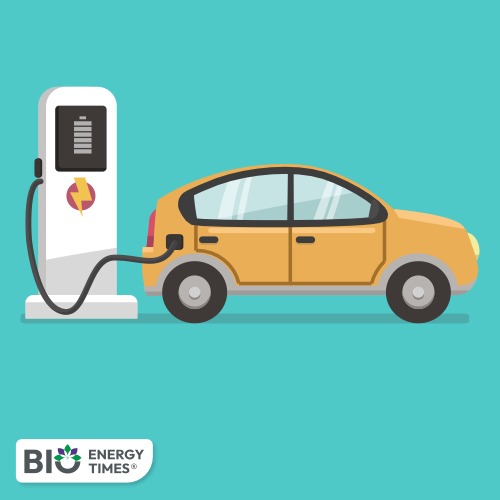Karnataka now has 489 public electric vehicle (EV) charging stations installed along its 8,191-kilometre National Highway network, making it the second-highest in India in terms of highway EV chargers. This puts the State just behind Uttar Pradesh, which has 507 such stations, according to a recent response by Union Road Transport and Highways Minister Nitin Gadkari in the Rajya Sabha, reports The Hindu.
The data was shared in reply to a question by MP Derek O’Brien and shows Maharashtra in third place with 459 highway charging stations, followed by Tamil Nadu with 456 and Rajasthan with 424.
Nationwide, 4,557 public EV charging stations have been installed along the 146,342-kilometre National Highway network. Minister Gadkari clarified that there is currently no dedicated central government incentive scheme for Charging Point Operators (CPOs).
Karnataka is not only a frontrunner on highways but also leads the country in urban EV infrastructure. As per April 2025 data from the Bureau of Energy Efficiency (BEE), the State has 5,880 public charging stations—more than any other State. Of these, 4,626 are located in tier-1 cities, primarily in Bengaluru.
In comparison, Maharashtra has 2,454 public EV chargers, and Delhi has 1,951. These have all been established over the past five years. Karnataka has also made significant progress in expanding infrastructure beyond urban centres, with 285 charging stations in tier-2 cities and 969 in tier-3 towns.
BEE data reveals that India now has a total of 26,367 public charging stations.
Officials from the Karnataka Energy Department attribute this growth to rising fuel prices, worsening air quality, and proactive policy decisions. “Karnataka was the first State to introduce a dedicated EV policy in 2017, which laid the foundation for the rapid expansion we are seeing today,” said a senior official. At the time, the State recorded just 11,000 EV registrations annually.
The 2025–26 State Budget, presented on March 7, announced several initiatives to strengthen clean transportation. Key proposals include a state-of-the-art EV testing track and a dedicated EV manufacturing and R&D hub in the Bengaluru region. The State aims to attract ₹50,000 crore in investments and create one lakh jobs in the clean mobility sector.
Karnataka’s Transport Department also plans to deploy 14,750 electric buses under various schemes such as PM e-DRIVE and PM-eBus Sewa. Of these, 9,000 will be added to the Bangalore Metropolitan Transport Corporation (BMTC) fleet.
Transport expert M.N. Srihari highlighted the importance of highway charging infrastructure in promoting EV adoption. “Long-distance travellers are often reluctant to switch to EVs due to limited charging options. While petrol and diesel stations still dominate highways, the growing presence of EV chargers at fuel stations is a positive development,” he said.
He added that the next step should be to ensure interoperability between chargers, standardise tariffs, and offer real-time availability data to users. “We must now expand EV charging infrastructure not only on highways but also in tier-2 and tier-3 cities and interior routes. For electric vehicles to become mainstream, charging stations must be as common and accessible as petrol pumps,” he said.














